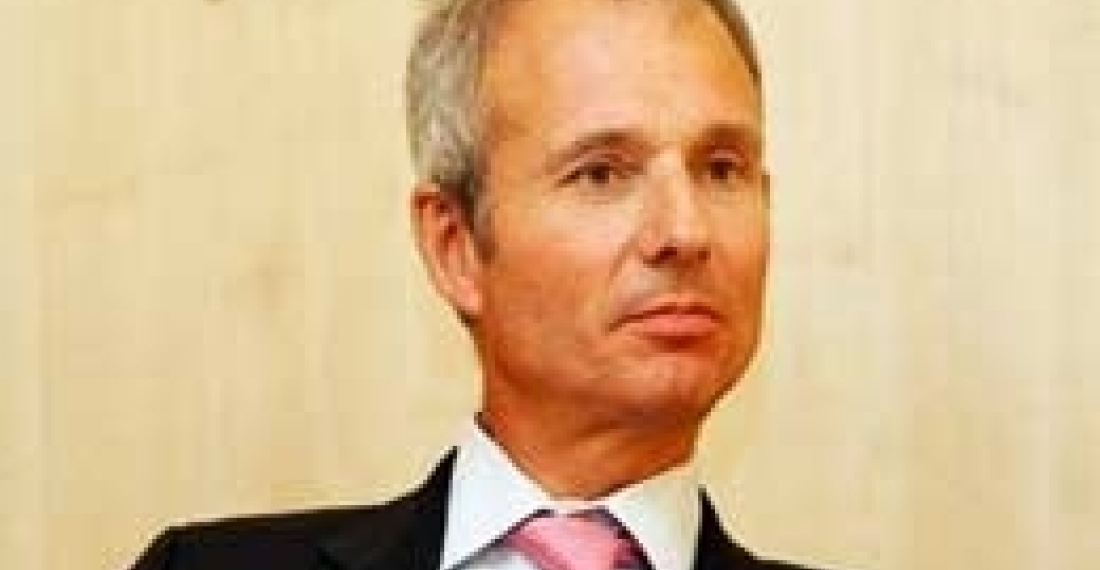The Great Britain is for peaceful settlement of Nagornyy Karabakh conflict within the frames of the OSCE Minsk Group, Minister of State for
Europe of the United Kingdom of Great Britain and Northern Ireland, David Lidington, said over the joint press-conference with Armenia's Foreign Minister, Edward Nalbandyan, in Yerevan, 18 September.
He said that peaceful settlement of the Karabakh conflict is stemming from the interests of the region and Europe, as it will make it possible to preserve stability in the South Caucasus which is a part of Europe.
Asked why the Great Britain uses the principle of the peoples' right for self-determination only if it is stemming from its own interests, for instance in case of Kosovo and Falkland islands, but ignores it in other case, the minister replied that the Kosovo issue was revised according to UN resolution 1244. The self-determination principle is also one of the most important ones fixed by the OSCE MG co-chairmen for peaceful settlement of the Karabakh conflict, and it should be revised along with other principles fixed by the co-chairmen, Lidington said.
For his part, Nalbandyan said that the right of peoples for self-determination is stemming from the principles of the documents adopted by UN, and is one of the most important conditions for settlement of conflicts. He also added that security factor is also priority. "The people of Nagornyy Karabakh cannot feel secure in the country where soldiers fire at the target with an inscription "Armenian"", - Nalbandyan said and added that the people of
Karabakh can't be secure when Azerbaijani policemen set free such criminals like Ramil Safarov and turn him into an example to follow.
London: The principle of people's right for self-determination is one of the most important ones in Karabakh conflict settlement
London: The principle of people's right for self-determination is one of the most important ones in Karabakh conflict settlement







